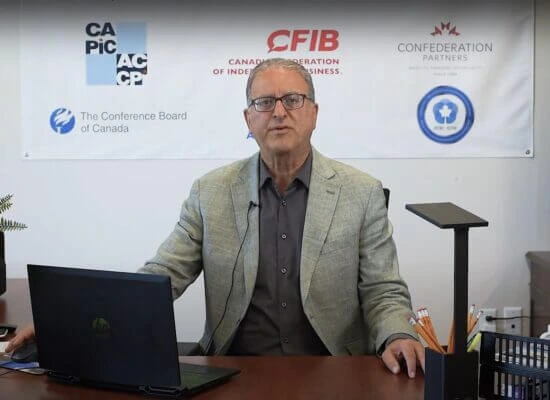The Bulgaria Permanent Residence & Citizenship Program
BULGARIA PR & CITIZENSHIP PROGRAM
Program Overview
What is The Bulgaria Permanent Residence and Citizenship Program?
Bulgaria offers Permanent Residency to the applicants through the investment in govt. bonds. The Bulgaria Permanent Residence and Citizenship Program allows a family to quickly obtain permanent Residency (PR) and apply for citizenship in the European Union after 5 years. Under this program, the applicant is allowed to choose the financing option (EUR 155,000 + fee of EUR 30,000) and obtains lifelong PR in 4-6 months, and the applicant holds PR status for 5 years then applies for citizenship.
Program Benefits
Benefits of Bulgaria Permanent Residence
This program offers various attractive benefits to its investors, such as:
- PR is valid for the applicant’s lifetime, as long as government bonds’ investment is maintained.
- All nationalities may apply.
- There is no in-country residence requirement, no path of funds requirement, no language requirement, no management experience requirement, and no education requirement.
- Bulgaria PR will allow the applicant and his/her family to work, live and study in Bulgaria.
- No Bulgarian income tax if the PR-holder resides outside Bulgaria.
Benefits of Bulgaria Citizenship
- Once Bulgaria becomes a member of Schengen, PR-holders will have visa-free access to all Schengen countries.
- Bulgaria citizens have the right to reside, work, and study anywhere in Europe.
- Bulgaria citizens have visa-free access to approx. 142 countries (including Canada and Europe).
- Citizenship is transferrable by descent (to all children and grandchildren).
Eligibility Criteria
How to qualify for the Bulgaria Permanent Residence and Citizenship Program?
To be eligible for the program, the candidate must:
- Be 18 years of age or older.
- Possess a valid passport and reside legally in a country.
- Invest EUR 512,000 in government bonds/stocks (via Confederation’s financing option).
- Visit Bulgaria four times, for 2-4 days (but no further in-country residence requirement).
- Pass due diligence and medical check.
- Make only a declaration on the source of funds (no detailed documents required).
Application Process
What is the application process for the Bulgaria Permanent Residence and Citizenship Program?
Following is the step-wise application process for the Bulgaria Permanent Residence and Citizenship Program:
- Step-1– Agent submits the Questionnaire and all application documents to Confederation.
- Step-2– Applicant signs Confederation’s Professional Services Agreement (included in the Application Kit) and remits all Confederation fees.
- Step-3– Confederation submits documents to the investment brokerage company, and the brokerage conducts a due diligence check.
- Step-4– Upon the brokerage’s preliminary approval, the applicant visits Bulgaria to open the brokerage account and sign/notarize documents.
- Step-5– Confederation facilitates non-recourse loan financing and purchases Government bonds (or Bulgaria-listed stocks) on the applicant’s behalf (held in the applicant’s brokerage account).
- Step-6– Applicant applies for Visa D and comes to Bulgaria to submit the PR application.
- Step-7– Although unlikely, the applicant may be asked to attend a PR interview in Bulgaria.
- Step-8– Upon PR approval, the applicant visits Bulgaria a fourth time to complete the biometrics process and apply for the PR card.
- Step-9– After 5 years of PR, the applicant may apply for citizenship.



